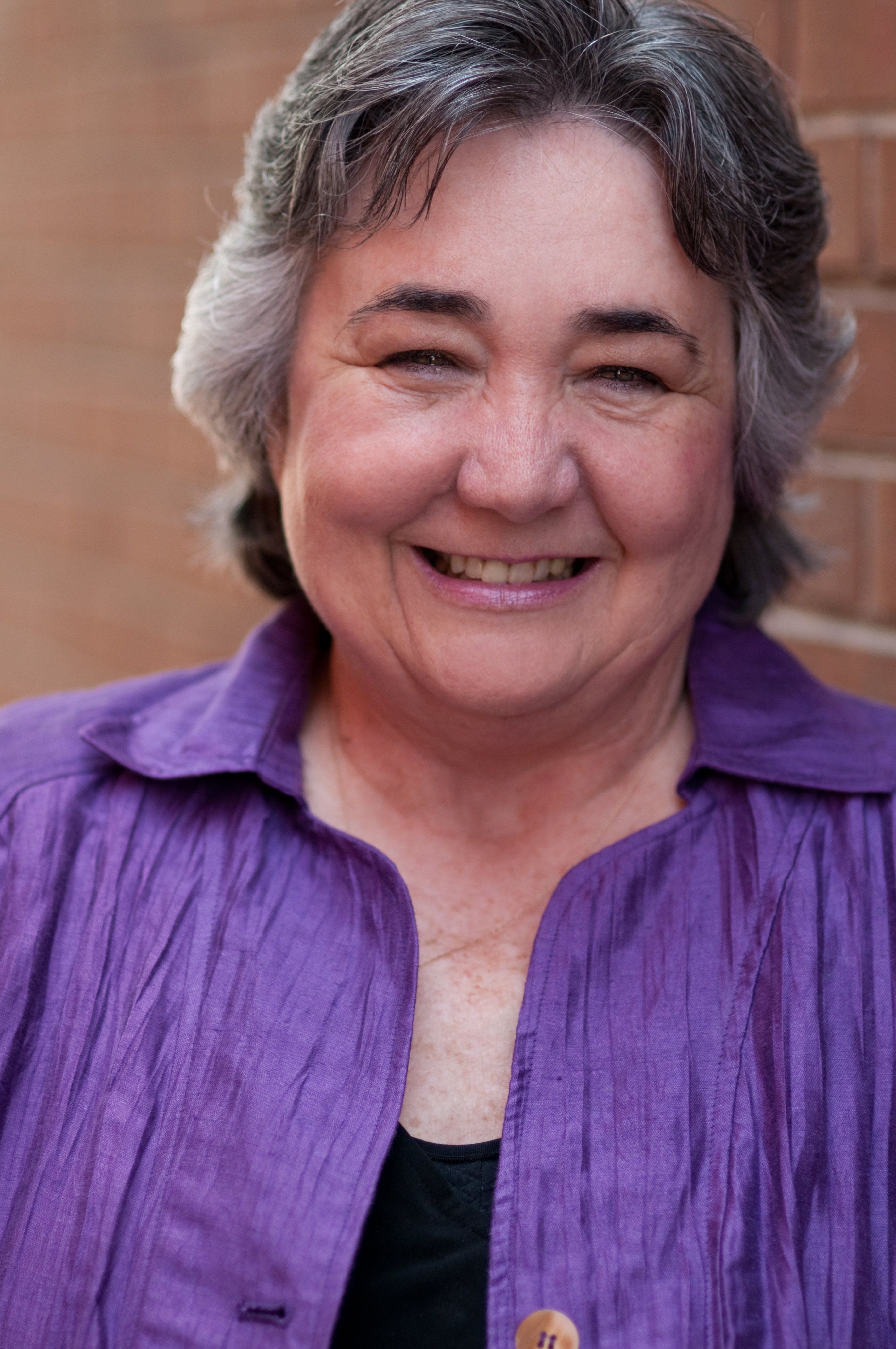Every Thursday night, at a WGA meeting, small groups form to support one another through the thick and thin of life circumstances.
Some of the stories are hard to hear. As we listen to each other, we feel the pain and sorrow—partly out of empathy for pain expressed—but also because others in the group are either currently living through similar pain, or have done so in the past, and now reliving it as they listen to each other.
Most of us know that the Lord has not sugar-coated the truth about life in this world—that we will have troubles and sufferings, varied trials, and tribulations. He said to bear one another’s burdens and to pray for each other, and so we do just that. Jesus also told us that He had overcome the world and that we are to cast all our cares onto Him, to seek His peace, have confidence in Him. And we struggle and encourage each other to follow Jesus, the Overcomer, more closely. (James 1; 1Peter 5; John 16)
In the Family and Friends group, our main questions are how do we love our sons and daughters and spouses well, while holding to our values; and how do we hold to our convictions, without hurting our loved ones?
My first exposure to the Both/And of Grace and Truth was when I was introduced to the teaching of Earle Fox. His treatise, Law & Grace in Imago Dei: an invitation to a wedding, was a fascinating theological case for Truth and Grace. I loved the journey—all 234 pages of it!
But it was Francis Schaeffer in his little book, The Mark of the Christian, that helped me grasp the vision (a recognizable plan) for living out Grace and Truth as a way of life. I encourage every Christian and non-Christian alike to read this book—36 pages in all. When you have read it, you will be able to recognize a True Christian—by what Schaeffer called the mark of the true Christians: a recognizable (recognized by the world) love for one another, and a love for all humankind. That is to be our signature attitude and approach. And we will then be recognized by the world and other Christians by our radical loving, and they will know God sent us—that is to be our signature feature, The Mark of the Christian.
Schaeffer, (in excerpts pulled from pages 26-30), speaks to the core questions that haunt our family and friends’ conversations:
How can you exhibit the oneness Christ commands without sharing in the other man’s mistakes? I would suggest a few ways by which we can practice and show this oneness even across the lines where we must differ.
- We should never come to such differences with true Christians without regret and without tears. …. The world must observe that when we must differ with each other …., we do it not because we love the smell of the blood, the smell of the arena, the smell of the bullfight, but because we must, for God’s sake.
- The more serious the wrongness is, the more important it is to exhibit the holiness of God, to speak out concerning what is wrong. At the same time, the more serious the differences become, the more important it becomes that we look to the Holy Spirit to enable us to show love to the true Christians with whom we must differ.
- We must show a practical demonstration in the midst of the dilemma even when it is costly. The word “love” should not be just a banner. In other words, we must do whatever must be done, at whatever the cost, to show this love. … The holiness of God is to be exhibited simultaneously with love.
- A fourth way we can show and exhibit love without sharing in our brother’s mistake is to approach the problem with a desire to solve it, rather than with a desire to win. We should understand that what we are looking for in the midst of our difference is a solution—a solution that will give God the glory, that will be true to the Bible, but that will exhibit the love of God simultaneously with his holiness.
- We must keep consciously before us and to help each other be aware that it is easy to compromise and to call what is wrong right, but that it is equally easy to forget to exhibit our oneness in Christ. This attitude must be constantly and consciously developed—talked about and written about in and among our groups and among ourselves as individuals. In fact, this must be talked about and written about before differences arise.
Schaeffer’s five points describe what it looks like to apply Jesus’ mandate to love God, each other, and all of humankind. He develops those points so well—do read the book!
Those of us whose main challenge is the struggle to love well the people closest to us will recognize—in fact, we are living—with some harsh realities, burdens so heavy, sometimes inundated with what Alexander Solzhenitsyn called “the pitiless crowbar of events.”
But we also offer one another the confidence and assurance that we don’t suffer alone. As Jesus said, “I have told you these things, so that in me you may have peace. In this world you will have trouble. But take heart! I have overcome the world.” And we become overcomers as well—“by the blood of the lamb and the word of their testimony.” (Rev 12:11)
PS: Remember, we can’t love in isolation; we need each other to talk, listen, confess, encourage, and “spur one another on” in following Christ. We all need a support group!

Mary Heathman
Founding Director
Mary often characterizes herself as “a seeker of Truth” and has a long-standing fascination with human behavior and motivation. Her education consists of lay and discipleship counseling, independent study about the integration of psychology and theology, counseling and human sexuality. She also holds a BS in Human Services and an MA in Psychology from Regis University.
Mary attends a Friends (Quaker) Church.
Make a Difference in Someone's Life
If you enjoy reading WGA’s blogs and would like to show your support, please consider making a donation. Where Grace Abounds is a 501(c)3 non-profit organization. The majority of services, including support groups and discipleship counseling, are provided free of charge. Your financial gifts help to cover the costs associated with offering a free program to those who seek WGA’s services.

